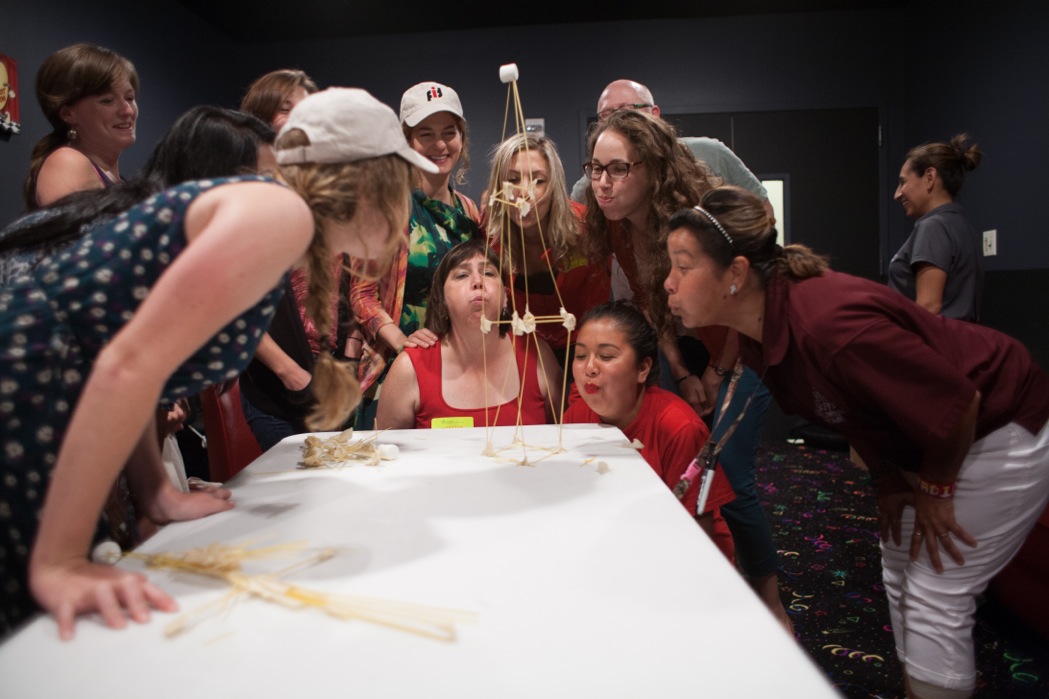This post is in response to a personal question Christopher had concerning why some activities seem to garner better reception than others amongst staff and students. The conclusions he draws are his own.
What do games have to do with it? Why does activity seem to hold stronger over thought experiments? Trauma blends to thoughts. If you’ve ever been laid up late in bed, cogitating on stupid mistakes, you’ve experienced a mild form of this. If you’ve ever been slightly bored by a conversation and had your mind wander to what you should have said to that girl last week instead of whatever you did, you’ve experienced a very small version of this. Play works because of engagement. When you’re focused, and losing that focus means you fall behind, it’s much more difficult to let the bad thoughts in.
As the FIT team has learned from the staff and independent accounts, these kids are adults before their time. Their lives have been spent solving problems that those with many more years under their belt would find disparaging. Activities simulating responsibility are unnecessary; they’ve already had more responsibility than most people twice their age.
This is why the castle building exercise, and the marshmallow construction game would seem to work so well, yet some of our other ideas need iteration and refinement. These activities have very few similarities in trying to put food on a table. They are engaging, difficult, team sports that provide a winner and punishes lack of concentration and a wandering mind. When I say “punish” I don’t mean corporal. What I mean is that, if a player loses concentration, they have a greater chance of not winning (keep in mind; not winning is different than losing).
I’m getting into conjecture here, but I believe that focus and quick thought is what all of these kids have demonstrated in vast quantities. Simply by the virtue of surviving the journey north, they have shown ability to quickly understand complex, trying situations. Activities that reward that process and puts these very deep wells of talent to use have the potential to make much better and more meaningful impacts in the recovery and growth of these kids that are all-too-grown before their time.
Christopher Guess
http://www.tryandguess.com
Would you like to share your thoughts?
Leave a Reply
You must be logged in to post a comment.



0 Comments